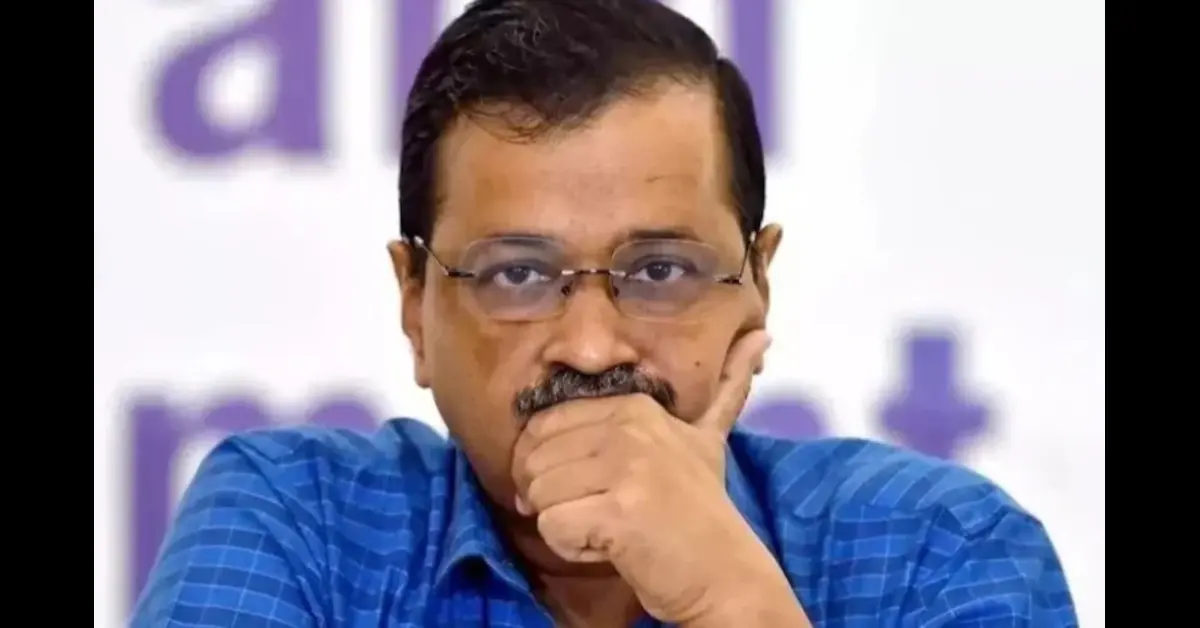Table of Contents
In a dramatic turn of events, Arvind Kejriwal, the Chief Minister of Delhi, has vehemently opposed the central agency’s plea to revoke his bail in the ongoing excise policy case. Kejriwal, a prominent political figure known for his anti-corruption stance, has described the case as a “witchhunt” orchestrated by the Enforcement Directorate (ED) to undermine his administration and political standing. This article delves into the intricacies of the case, the arguments presented by Kejriwal, and the broader implications for Indian politics.
Background of the Excise Policy Case
Overview of the Allegations
The excise policy case centers around allegations of corruption and irregularities in the formulation and implementation of Delhi’s excise policy. The central agency claims that the policy was designed to favor certain private players, resulting in substantial financial losses to the state exchequer. Several key figures in Kejriwal’s administration have been implicated, leading to a series of high-profile arrests and investigations.
Role of the Enforcement Directorate (ED)
The ED, a central financial investigative agency, has been at the forefront of probing these allegations. The agency’s involvement has added a layer of complexity to the case, given its mandate to investigate money laundering and financial crimes. The ED’s aggressive pursuit of the case has drawn both criticism and support from various quarters.
Kejriwal’s Defense and Claims
Allegations of a Political Witchhunt
Kejriwal has categorically denied any wrongdoing, framing the case as a politically motivated attack aimed at discrediting his administration. He argues that the central agency’s actions are part of a broader strategy to stifle dissent and weaken opposition parties. Kejriwal’s assertion of being a “victim of a witchhunt” resonates with his supporters and raises questions about the impartiality of the investigation.
Pressure on Co-Accused
In his defense, Kejriwal has also highlighted the alleged coercion of other co-accused by the ED. He claims that the agency is exerting undue pressure on these individuals to implicate him and other senior officials in the case. This, according to Kejriwal, is indicative of a biased and unjust investigation process.
Legal Arguments Against the Bail Plea
Grounds for Bail
Kejriwal’s legal team has presented robust arguments to justify his bail. They emphasize his cooperative stance during the investigation, his commitment to upholding the law, and the absence of any concrete evidence linking him directly to the alleged irregularities. The defense argues that revoking bail at this stage would be unwarranted and prejudicial.
Challenges to ED’s Evidence
The defense has also challenged the credibility and admissibility of the evidence presented by the ED. They argue that much of the evidence is circumstantial and fails to establish a direct nexus between Kejriwal and the alleged corruption. Furthermore, they contend that the ED’s interpretation of the excise policy is flawed and based on speculative assumptions.
Broader Implications and Political Context
Impact on Governance and Public Perception
The excise policy case and the ensuing legal battle have significant implications for governance in Delhi. Kejriwal’s administration has been at the forefront of implementing progressive policies and reforms. The case threatens to overshadow these achievements and erode public trust in the government. The narrative of being targeted unjustly could either rally public support for Kejriwal or deepen skepticism about political integrity.
Polarization in Indian Politics
The case also underscores the deepening polarization in Indian politics. Allegations of misuse of central agencies for political vendetta are not new, and this case adds to the ongoing debate about the independence and impartiality of investigative agencies. The outcome of this case could set a precedent for how similar cases are perceived and handled in the future.
Future Legal Proceedings
As the legal battle unfolds, all eyes will be on the judiciary to ensure a fair and transparent process. The court’s decision on the bail plea will be crucial, not only for Kejriwal’s political future but also for the broader discourse on judicial independence and the rule of law in India.
Conclusion
The opposition to the central agency’s plea against Arvind Kejriwal’s bail in the excise policy case is a defining moment in Indian politics. Kejriwal’s defense, framed around allegations of a witchhunt and undue pressure on co-accused, raises important questions about the fairness and integrity of the investigation. As the case progresses, its implications will reverberate beyond the courtroom, influencing public perception, political dynamics, and the discourse on the use of investigative agencies in India.
Mahua Moitra Addresses PM Modi
FAQs
What is the excise policy case about?
The excise policy case involves allegations of corruption and irregularities in the formulation and implementation of Delhi’s excise policy, purportedly designed to benefit certain private players.
Why does Arvind Kejriwal oppose the central agency’s plea?
Arvind Kejriwal opposes the plea on grounds that the case is a politically motivated witchhunt aimed at discrediting his administration, and he alleges that the Enforcement Directorate is pressuring co-accused to implicate him.
What are the legal arguments in favor of Kejriwal’s bail?
Kejriwal’s legal team argues that he has been cooperative, there is no concrete evidence linking him directly to the alleged corruption, and the evidence presented by the ED is circumstantial and speculative.
How does this case impact Delhi’s governance?
The case threatens to overshadow the achievements of Kejriwal’s administration, potentially eroding public trust and impacting the perception of governance in Delhi.
What are the broader implications of this case for Indian politics?
The case highlights issues of polarization and the perceived misuse of central agencies for political purposes. Its outcome could influence future cases and the discourse on judicial independence and the rule of law in India.
What is the current status of the case?
The case is ongoing, with the court yet to decide on the central agency’s plea against Kejriwal’s bail. The legal proceedings are closely watched for their implications on politics and governance in India.
